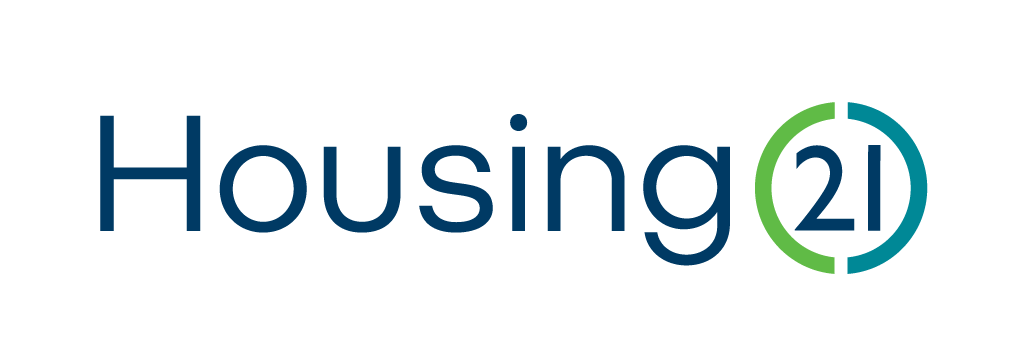Water hygiene and legionella
It is important to make sure water is fresh and free from harmful bacteria, such as legionella. Most household water systems contain some bacteria and other organisms which do not cause any problems. However, if the bacteria have the right conditions to multiply they can become potentially harmful and can cause people to become ill.
-
To lower the risk of any build-up of potentially harmful bacteria:
- Do not interfere with the settings on your boiler or hot water system. The thermostat should be set at 60°C
- If the temperature of your hot water changes, either the hot cools down or the cold temperature goes up please notify your manager.
- Ensure any taps or showers within a property that are not used regularly, i.e., for one week or more, are flushed* for a minimum of five minutes every seven days.
- Ensure taps and shower heads are clean and free of limescale by regularly descaling and cleaning the shower head and hose every three months. If you are in an Extra Care property, shower head cleaning will take place every three months.
- Inform your manager if your hot water is not working properly, particularly if there is no hot water.
If you are away from your home for more than seven days, on your return:
- Run every tap for at least five minutes.
- Slowly flush cold taps until the water is really cold.
- If you have a shower, remove the shower head before flushing* and lower the hose to the base of the shower.
*When flushing taps or other outlets, open them slowly so you don’t splash water or release water droplets into the air. Legionnaires’ disease is a potentially fatal form of pneumonia which people can catch it by inhaling small droplets of contaminated water containing the bacteria.
-
What is Housing 21 doing to manage water safety?
As a landlord, Housing 21 carries out water hygiene risk assessments and monitoring regimes, actioning identified remedial works, across all its properties as required.



